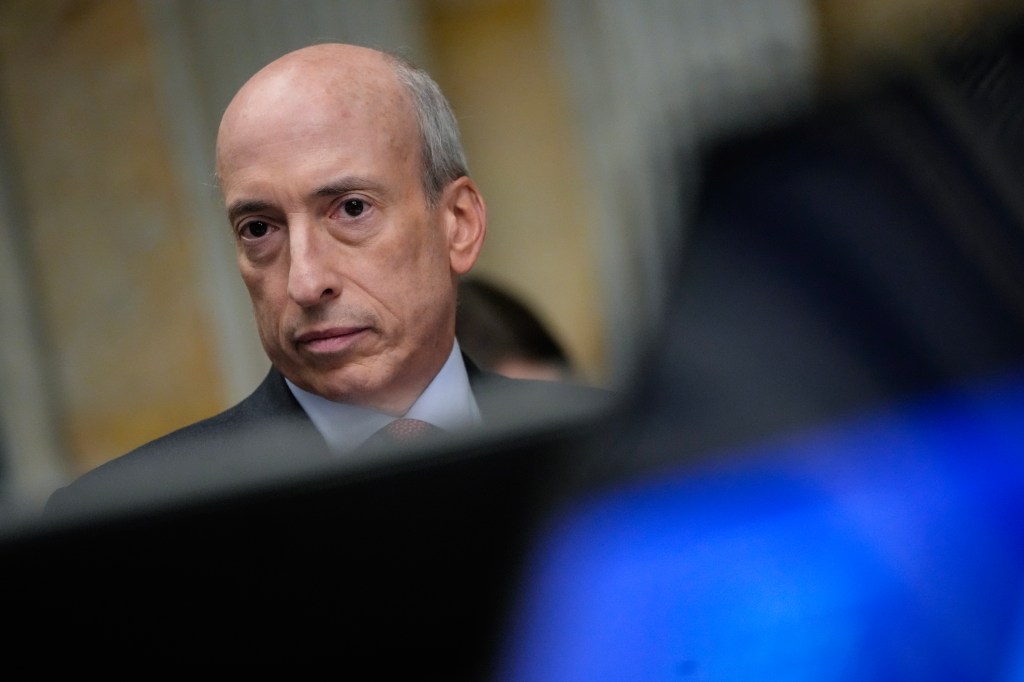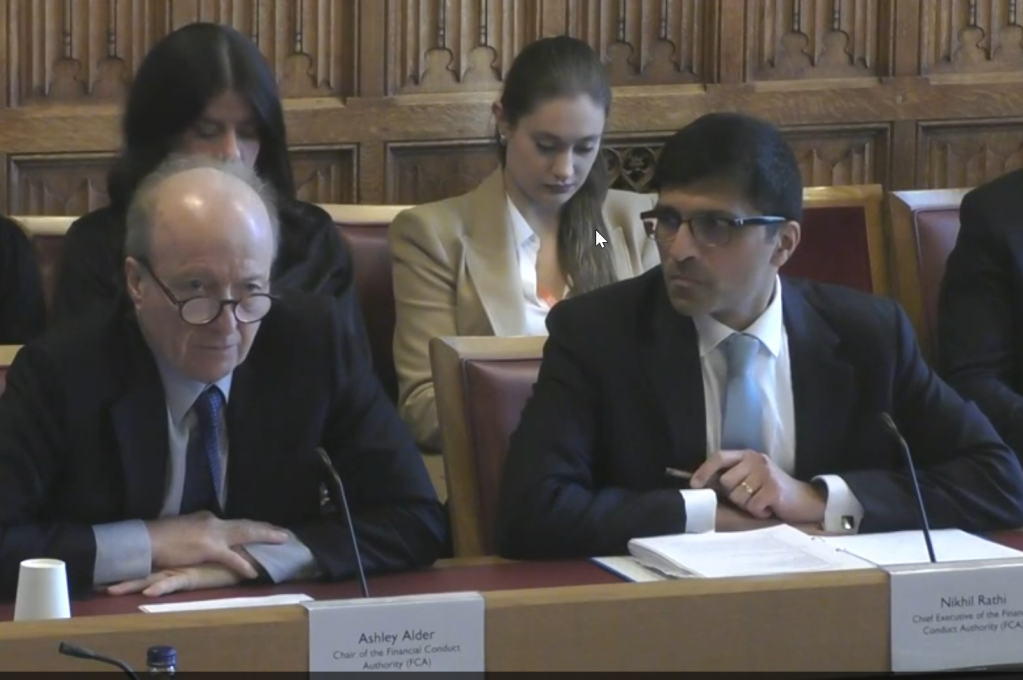The SEC has begun a sweep of advisors’ compliance with the new T+1 securities transaction settlement cycle, namely, the shortening of such cycle from two business days after the trade date to one.
“Over the last week, several registered investment advisers have received examination letters” from the SEC’s headquarters in Washington as well as from at least one regional office related to T+1, according to attorneys at K&L Gates.
The attorneys note that the questions and requests in these letters highlight areas advisers may want to consider with respect to their own implementation.
Let’s talk about T+1
Beginning on May 28, the new T+1 settlement cycle applies to most routine securities transactions, which means that the settlement period for most securities issuances and trades got shortened from two business days after the trade date to one business day after the trade date.
The SEC stated that the principal goal of the move to T+1 was to reduce credit, market and liquidity risks arising from unsettled securities trades, believing the shortened period between execution and settlement of trades should reduce the number of unsettled trades, the time of exposure to those unsettled trades, and potential price movements in the securities underlying unsettled trades.
SEC staff are requesting that groups of investment advisers produce details on procedures related to their trade affirmation process and associated recordkeeping requirements.
The T+1 settlement should also enable investors to access the proceeds from securities sales sooner.
T+1 is subject to certain exceptions and requires broker-dealers to adopt policies and procedures designed to facilitate the completion of the allocation, confirmation, and affirmation (ACA) process required on the trade date.
The SEC also amended the recordkeeping rules applicable to registered investment advisers to require the retention of certain communications relating to the ACA process.
The SEC’s sweep exam
The examination appears to be an industry sweep, as the SEC staff are requesting that groups of investment advisers produce details on procedures related to their trade affirmation process and the associated recordkeeping requirements.
Specifically, the sweep examination requests production of the following documents relating to the T+1 settlement process:
- written compliance and operational policies and procedures addressing processes or operational protocols affected by the ACA process or securities transaction settlement cycle generally (or the T+1 settlement specifically), plus and any material adjustments, such as to procedures relating to the ACA process and associated recordkeeping requirements;
- any assessments or tests regarding the ACA process conducted by the RIA, including a listing of risks and conflicts associated with the RIA’s trading;
- any compliance testing of the ACA process performed by the adviser;
- a listing of automated compliance tools associated with investment adviser trading, including the ACA process;
- the compliance training relating to the ACA process;
- any compliance exceptions relating to the ACA process; and
- any communications the firm has sent to or received from its clients relating to the ACA process.
The examination request also requests certain other items that are not directly related to the conversion to T+1 or the ACA process, such as a listing of potential litigation, a listing of private investments, and a listing of client custodians.
Observations
K&L Gates notes that the scope of these requests goes beyond the regulatory requirements for investment advisers arising from the T+1 transition. For example, advisers are not specifically required to perform a compliance assessment of their ACA process;
And they point out that businesses must be careful that certain document requests could implicate communications that could be subject to privilege, so the legal team needs to be significantly involved.
I’d add that the T+1 settlement cycle was always going to be a challenge for those still using legacy technology, so I would expect the SEC to be looking for workable solutions to such technology-based issues.
Also, counterparties that you rely on must be vetted for their compliance with these rules. Plus, if you’re trading T+1 securities out of a different time-zone, this could lead to complications the SEC would want to see you have accounted for in firm processes.
Lastly, in May, the SEC’s Office of Investor Education and Advocacy issued a helpful Investor Bulletin to explain the new settlement cycle and how it will affect certain transactions registered investment adviser firms place with their brokerage firm.
















